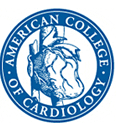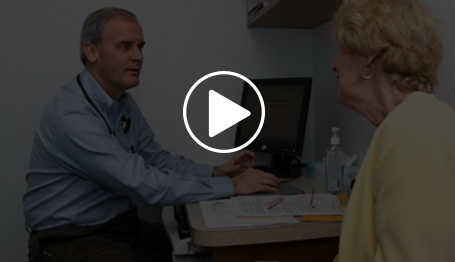Get fully capable, state-of-the-art care for:
arrhythmias and syncope.
Arrhythmias
What are cardiac rhythm disorders?
Cardiac rhythm disorders, or arrhythmias, are problems related to the beating of the heart due to abnormal electrical activity. Arrhythmias may cause symptoms, such as an abnormal awareness of heartbeat (known as palpitations). Some arrhythmias are minor while others are life-threatening emergencies that can lead to cardiac arrest or sudden death. The heart's squeezing action is initiated and regulated by electrical impulses that cause its muscle fibers to contract. But these impulses – and the muscle contractions – can be irregular, excessive, inadequate, disorganized or otherwise affected, which can impair or stop the heart's ability to pump blood.
What kinds of arrhythmias are there?
Arrhythmias are identified by where in the heart they originate and how they affect the heart's contraction. Arrhythmias originating in a lower chamber are ventricular, and those originating in an upper chamber are atrial. They are described as bradycardia if the heartbeat is too slow and tachycardia if too fast. Fibrillation occurs when the muscles contract erratically because of chaotic electrical impulses. But there are many variations, effects, levels of risk and types of treatment, which is why cardiac arrhythmias are best diagnosed and treated by a cardiac electrophysiology specialist.
How are arrhythmias treated?
Treatment can include atrial fibrillation medications, implantable cardioverter defibrillators or cardiac ablation procedures. Many medications work to prevent arrhythmia by various mechanisms but also have the potential to lead to the emergence of new, more serious arrhythmias.
John F. Norris, MD, is experienced, skilled and board-certified in cardiology and electrophysiology. He was Pinellas County's first physician to treat atrial fibrillation symptoms with ablation procedures and is the source for today's complete array of state-of-the-art cardiac electrophysiology procedures and cardiac resynchronization devices for arrhythmia management.
Syncope
Repeated fainting could indicate a potentially deadly problem.
What is syncope?
Syncope is the medical term for fainting, the sudden, temporary loss of consciousness. It often results from insufficient blood flow to the brain. Symptoms of syncope include pale and/or clammy skin, dizziness, dimming vision and weakness of the limbs to the point of collapse.
Why are the reasons for dizziness and fainting?
Syncope is caused by a sudden temporary reduction in blood flow to the brain by two main mechanisms:
(A) Those related to the heart (cardiac syncope) and (B) those related to the blood vessels. Reduction in blood flow by either mechanism results in a lack of oxygen supply to the brain, with loss of consciousness when brain cells responsible for alertness are affected.
Syncope with cardiac causes can cause sudden death
Of the four types of syncope (neurologic, metabolic, vasomotor and cardiac), only cardiac syncope commonly leads to sudden death. So syncope should be evaluated for cardiac causes, the most common of which is arrhythmia, specifically ventricular tachycardia (VT), a potentially fatal condition. And because an SVT condition or VT conditions are often accompanied by underlying heart disease, it can be overlooked and go unaddressed. For this reason, people with syncope must be evaluated not only for cardiac causes but also for underlying heart disease. Also, people with a history of heart disease should be evaluated for VT.
Get the specialized, advanced & experienced ventricular tachycardia treatment you deserve
At Pinellas Arrhythmia Associates, John F. Norris, MD, evaluates patients with syncope using cardiac monitoring, tilt-table testing, T-wave alternans testing and/or electrophysiology studies to assess the heart's electrical system for the presence of or propensity toward ventricular tachycardia symptoms. Dr. Norris also evaluates for underlying heart disease and the other cardiac causes of syncope... with experience, comprehensive syncope treatment and leading-edge capabilities.
If you've been experiencing dizziness symptoms or if you have a history of fainting treatment or syncope treatment, let Dr. Norris find out if you are at risk for sudden death. Call Pinellas Arrhythmia Associates today at (727) 587-6999, or you can use our online Request an Appointment form. Our syncope patients come to us from St. Petersburg (St Pete), Tampa and Clearwater in Pinellas County, FL.










